Content Warning: The following article contains spoilers for the Netflix show The Sandman.
The recently released Netflix series, The Sandman, is impressing both fans and critics alike with its accurate portrayal of the iconic comic book series by Neil Gaiman. Along with its recognizable characters are some well-written lines, with some taken straight out of the comics.
From Gilbert’s thought-provoking observation about humans to Death’s important lesson about the Endless siblings’ functions, there’s no shortage of unforgettable quotes from the show. The best ones often mark important events or reflect a character’s personality and motivations. As fans eagerly wait for news about a potential second season, it’s the perfect time to look back at some of the best lines from the first ten episodes of The Sandman.
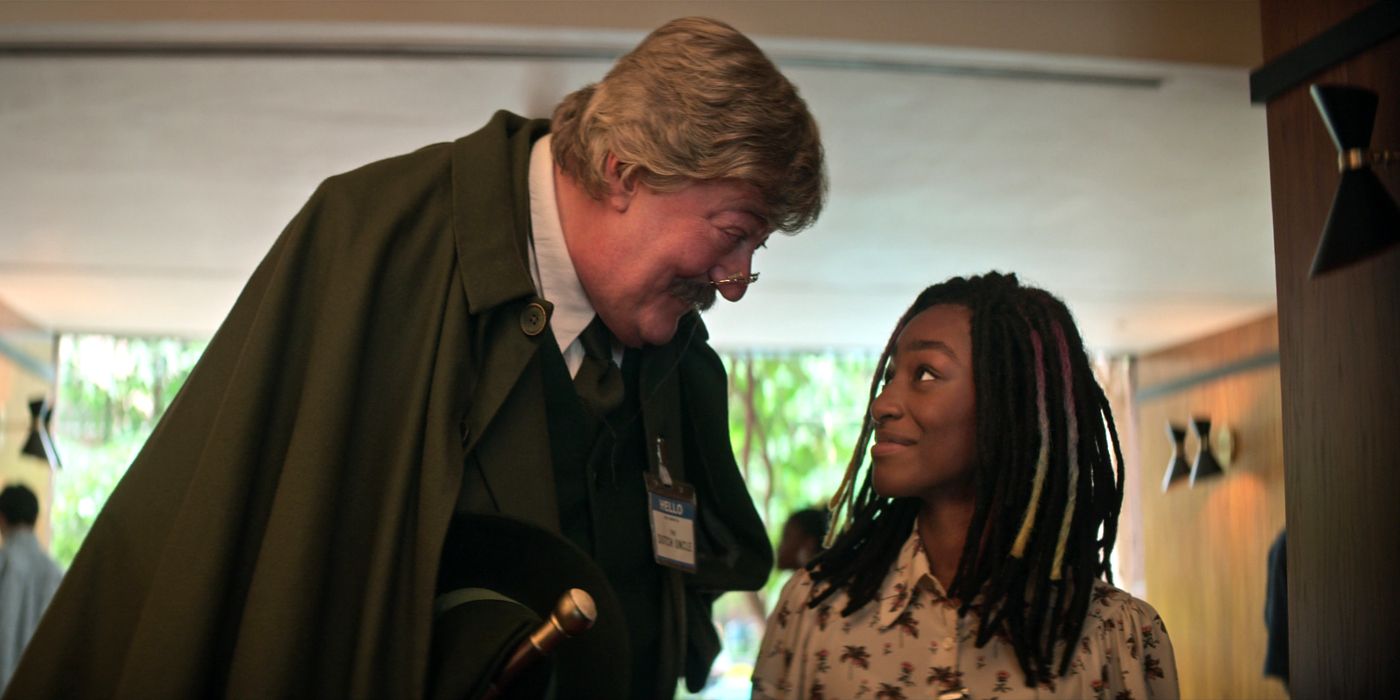
While on their way to the Cereal Convention, Gilbert becomes even more likable because of the conversation he has with Rose. After observing that she “allowed” herself “to be happy for nearly a minute” before “inventing some new problems,” he explains that he thinks “it’s only when” humans are “mired in their self-made misery that they are truly content.”
Fans of the comics will immediately know that these statements are rooted in the fact that he’s not a human being, but a dream experiencing the waking world for the first time. This is why Gilbert (also known as Fiddler’s Green) is able to appreciate everything around him with fresh eyes and is confused by why people can’t or won’t.
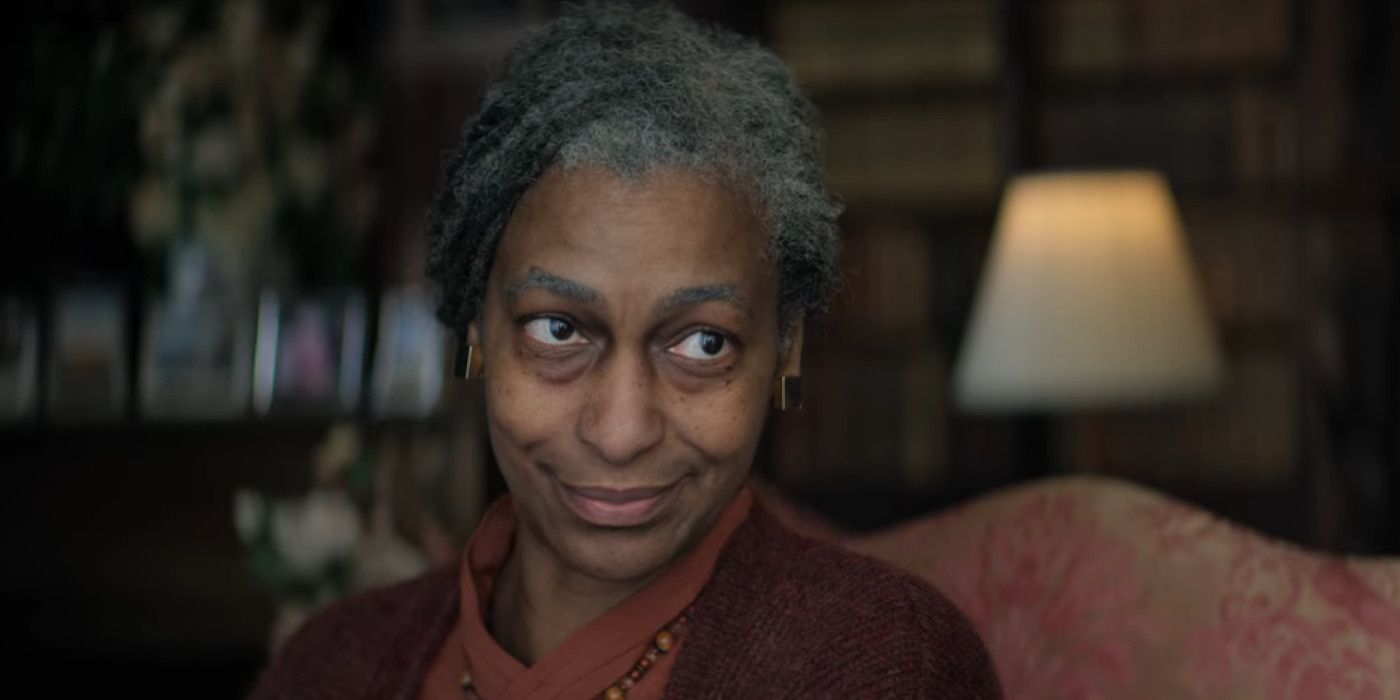
During the climax of Rose’s arc, Dream almost kills her before Unity and Lucienne rush to intervene. Unity reveals that she is supposed to be the Vortex, but the sleepy sickness prevented that from happening. Everyone is still confused when Unity asks Rose to ”reach down inside” herself “and give” Unity “whatever it is that makes” Rose “the Vortex.”
It’s only when her great grandmother reminds her that “anything is possible” that Rose is able to pull a red glass heart from within her. Dream and Lucienne share a knowing glance, then, as that is Desire’s sigil. If it wasn’t for Unity’s encouragement and quick actions, Dream likely would have taken the wrong life.
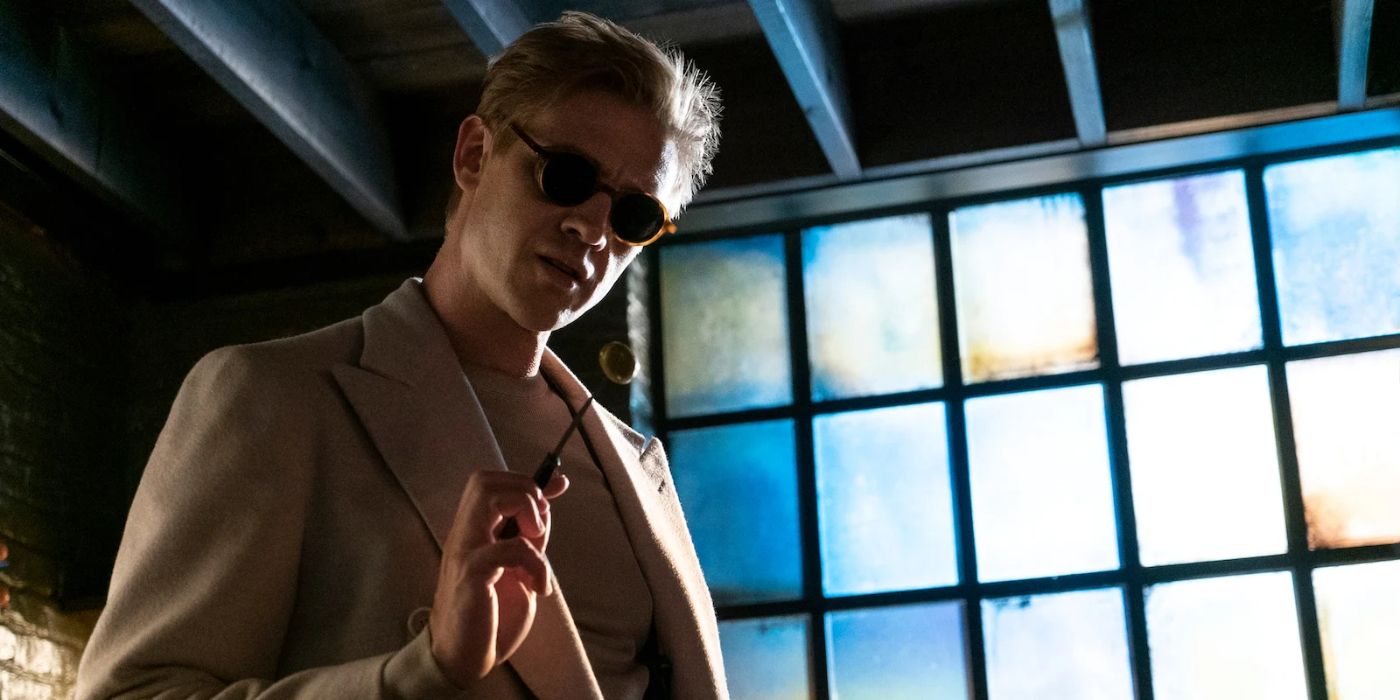
A major difference between the Sandman comics and the show is the Corinthian’s expanded role, as he arguably serves as the main antagonist of the first season. He does a great job at it, too, as his creepy obsession with eating eyeballs results in some genuinely horrifying scenes.
This is exactly what seems to be happening during his confrontation with Ethel, who won’t say what he wants to hear. He knows that consuming her eyes will reveal “every thought” and “every feeling,” though, which explains why he uses that method to look for Jed later in the show.
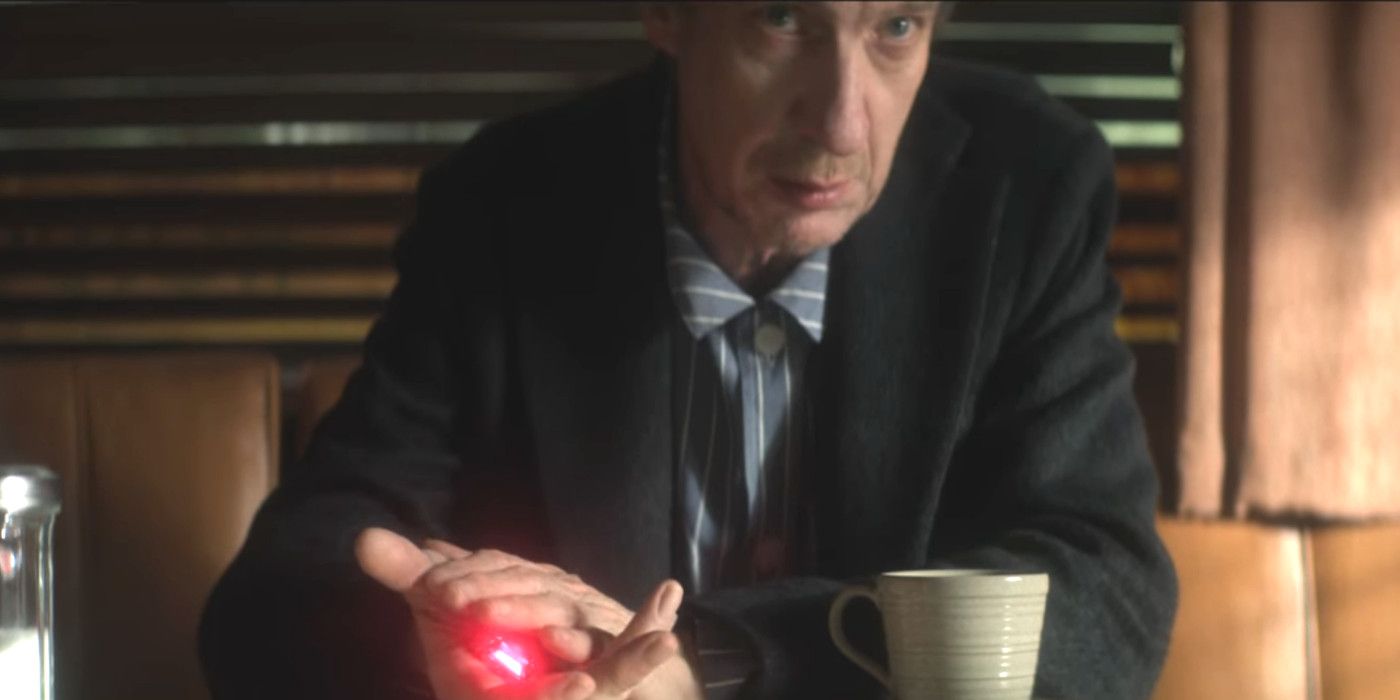
Just when it seems like Rosemary and her dog Susie are about to be murdered by John, he subverts expectations by admitting that she’s “a good person” and sparing her life. More than that, he gives her the annulet of protection he received from his mother, so that nothing could ever hurt Rosemary ever again.
John’s line about how “good people seldom survive” highlights his pessimistic view of humanity. He has been mistreated and imprisoned by his own mother for several years of his life, not to mention the way her dishonesty has affected his outlook.
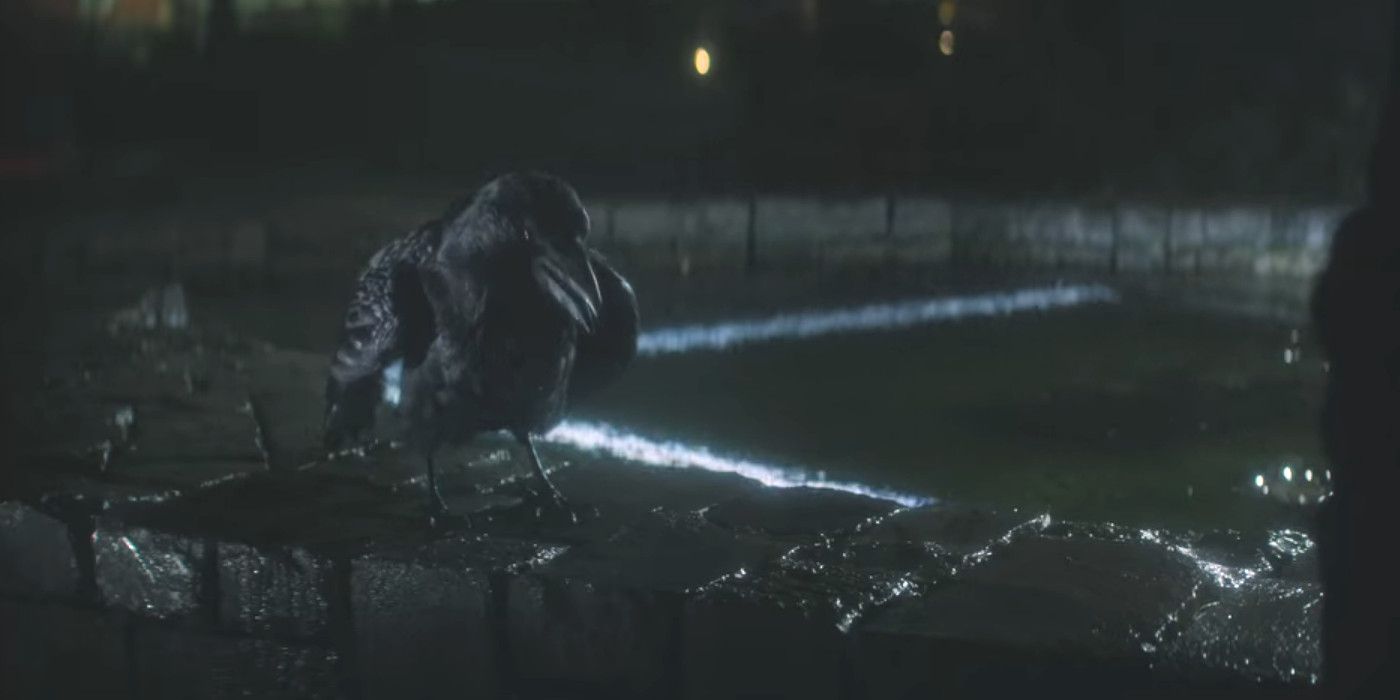
When Dream has to go against Lucifer herself in “the oldest game,” it’s a good thing Matthew insists on staying with him instead of flying back to Lucienne. The loyal raven gives him a much-needed pep talk while he’s on the ground, reminding him that he “can survive the anti-life” because “dreams don’t f**king die.”
It’s a touching moment that helps Dream come up with the answer that defeats Lucifer – hope. Without Matthew’s encouragement, it’s possible that Morpheus could have ended up as Choronzon’s “slave in Hell for eternity.”
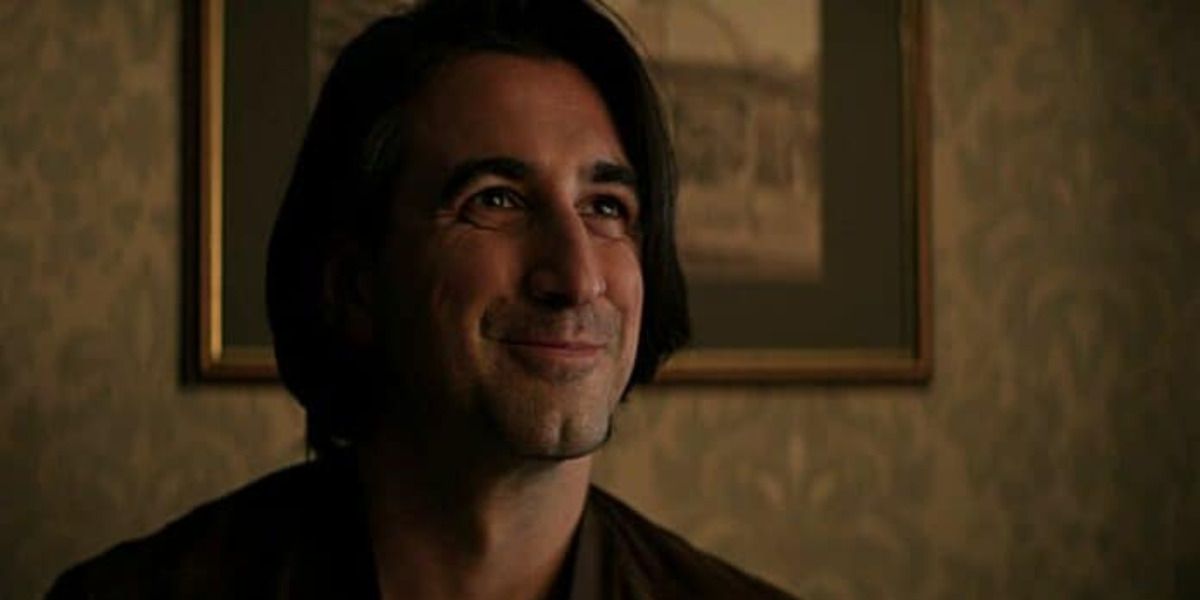
One of the best storylines from the Sandman comics is depicted in one episode of the Netflix show, which focuses on Death and Dream’s experiment with Hob Gadling. A fateful encounter at a bar grants Hob immortality, with a catch.
Dream is curious to see if Hob will sustain his perspective about how he doesn’t ever want to die, so they meet at the same bar every hundred years so that the mortal could recount his experiences. Hob’s thoughtless quote about “the only reason people die” signals the beginning of this unique experiment that soon leads to an unexpected friendship with the Lord of Dreams.
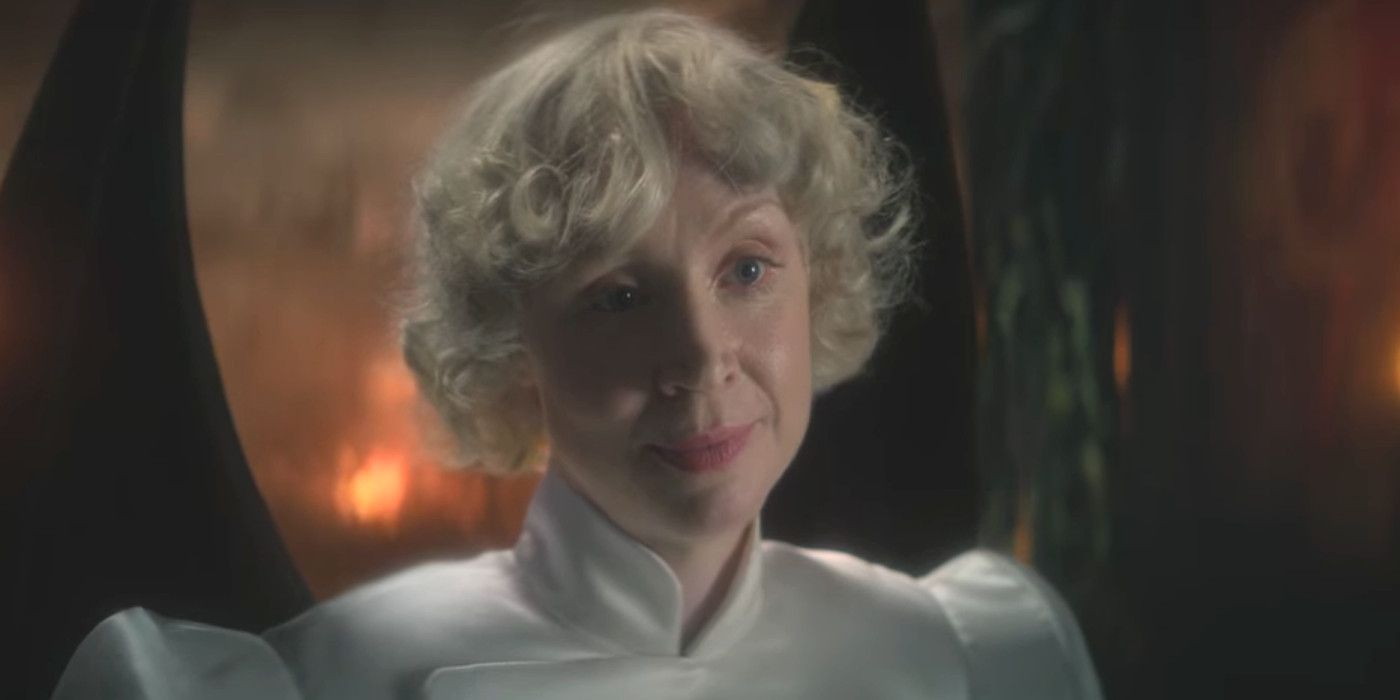
Even after Dream wins the oldest game, Lucifer doesn’t let him go that easily, reminding him that he has “no power” in Hell. Morpheus’ badass response affirms that he himself may be powerless there, but he responds to Lucifer’s question by asking one of his own – “what power would Hell have if those here imprisoned were not able to dream of Heaven?”
It’s a brilliant line that further humiliates the already embarrassed leader of Hell. She is reminded that without dreams, the torment and suffering that people experience in her realm would be useless. She has no choice but to let Dream walk away unharmed after that tense exchange.
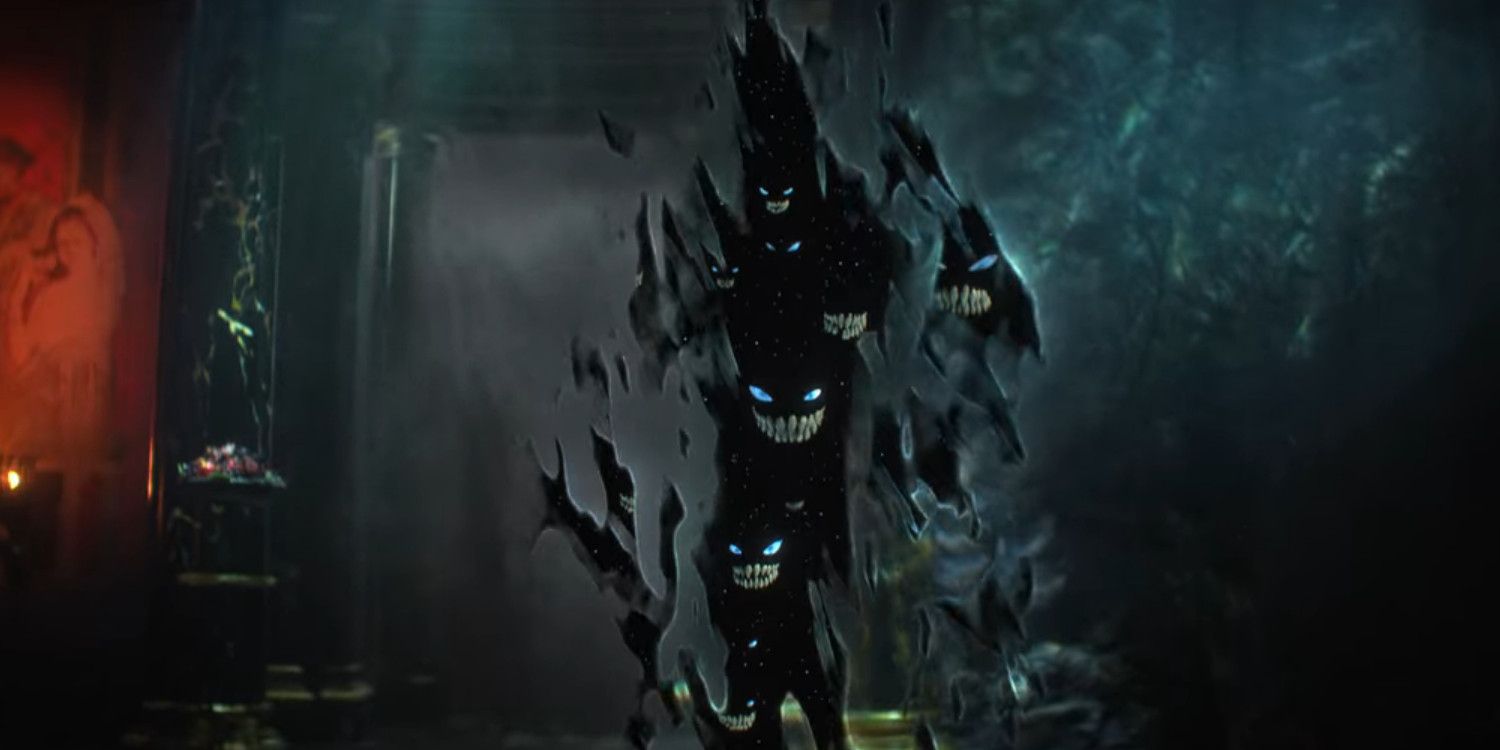
An alliance between “the assembled Lords of Hell” represented by Azazel and the devil herself, Lucifer, is seemingly formed by the end of the first season’s gripping finale. They discuss how “since none of” them “may leave Hell,” they should just invade Dream’s realm, the waking world, and even the Silver City.
It suggests a storyline that’s quite different from what actually happens in the comics, but the cunning Lucifer’s vague response may still hint at a secret plan she has for herself. Either way, it doesn’t look like Dream has seen the last of the characters from Hell.
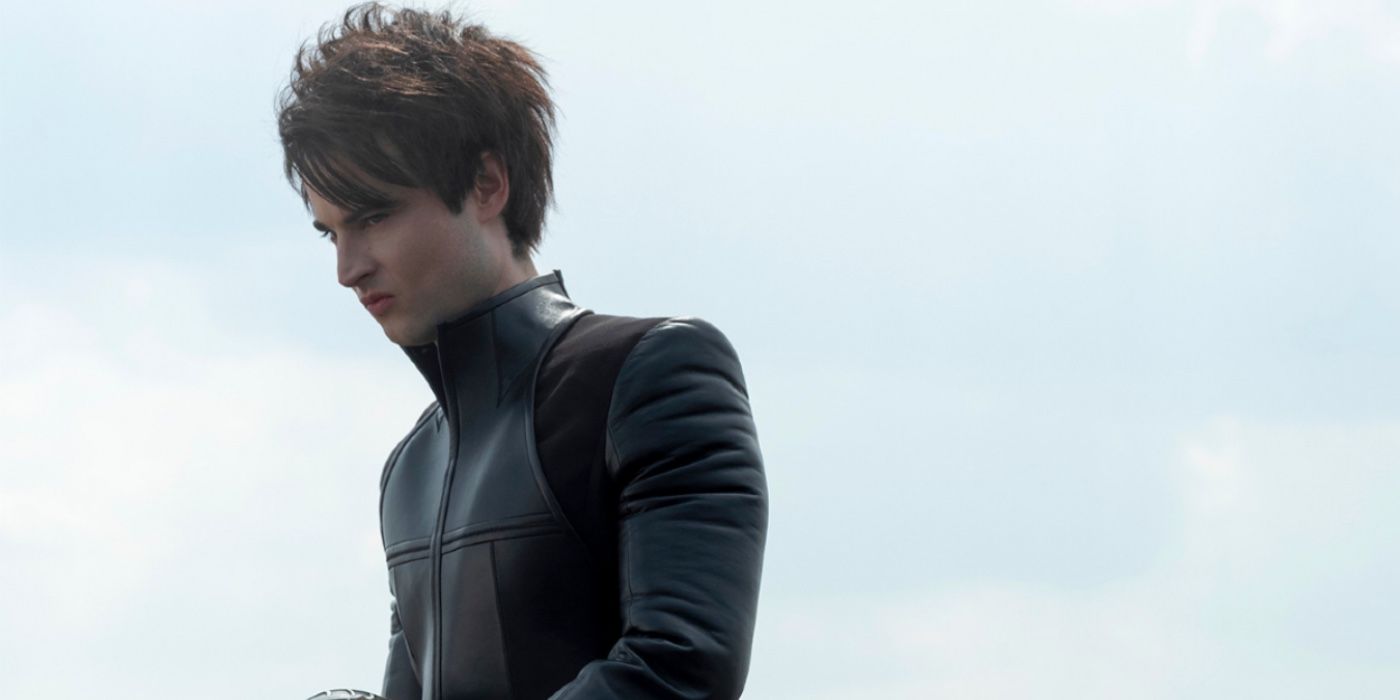
Despite obviously being a powerful being in The Sandman, Dream has a difficult time convincing Johanna Constantine to help him look for his sand. At one point, he details how if his realm ceases “to exist,” so will the waking world. Johanna’s response is both frustrating and funny, as she simply tells him that she “could do without dreams for a while.”
Over the course of the first season, the show does an excellent job of showing just how important Dream’s role is as a member of the Endless. His imprisonment by Roderick results in the sleepy sickness, and each of his tools like the ruby negatively affects those who are not capable of wielding them. Johanna will discover this soon enough when they finally find Dream’s sand.
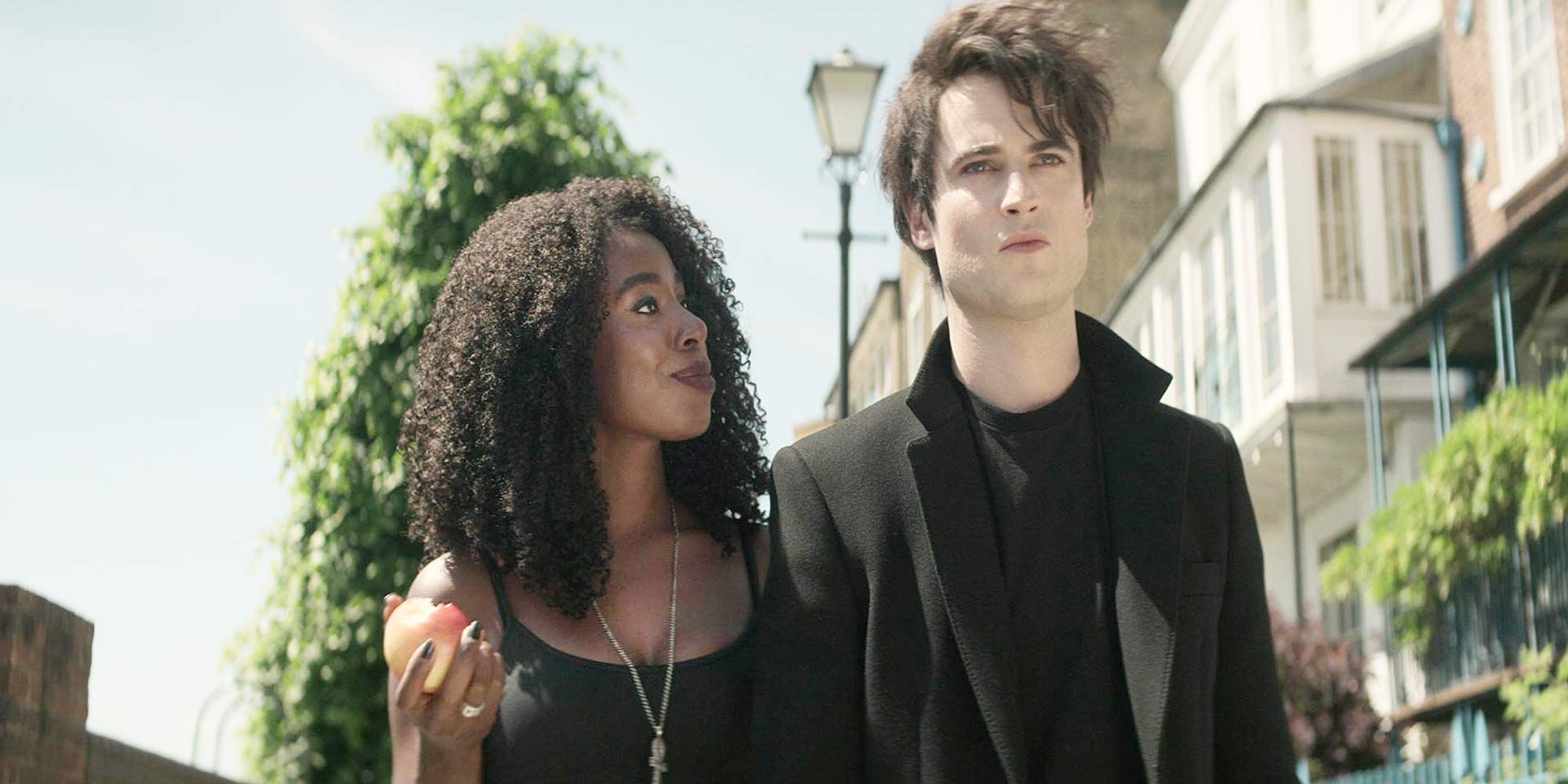
After recovering all of his tools, Dream starts to feel a bit lost and empty, not really understanding how he’s just supposed to start fulfilling his function again. A day spent with his charming sibling Death fixes him right up, though, as she shows him the importance of never underestimating humanity.
She shows how wise she is by reminding Dream that their existence “isn't about quests or finding purpose outside” of their “function” and that they “need” humans “as much as” humans “need” them. They live to serve humanity, not the other way around. It’s an illuminating discussion for both viewers and the previously despondent Dream.
Comments
Post a Comment